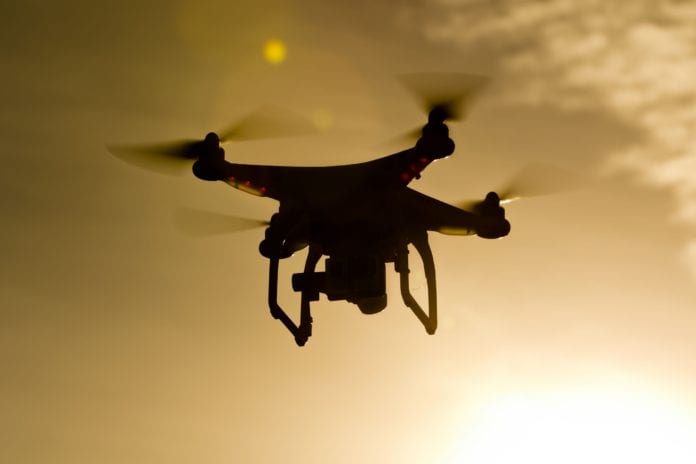The Federal Communications Commission has proposed a $2.8 million fine against recreational drone company HobbyKing, for selling radio frequency transmitter devices for drones which operate in unauthorized RF bands and at higher power levels than allowed under U.S. rules.
HobbyKing operates in both the U.S. and Hong Kong, selling drones and related accessories on the internet, including transmitters that send video and audio captured by drone-mounted cameras to pilots on the ground. According to the FCC, “while HobbyKing represented that its transmitters operated in designated amateur radio bands, the FCC’s investigation found that sixty-five models of devices marketed by HobbyKing could also apparently operate outside those bands” — including in restricted spectrum bands — and were not certified by the commission for use in the U.S.
The FCC said that while HobbyKing’s transmitters were marketed as operating within the allowed bands at 1.2 GHz, 2.4 GHz and 5.8 GHz, “more detailed examination shows that these AV transmitters are marketed on HobbyKing’s website as also operating in additional frequency bands not allocated for amateur operations.” According to the FCC, most of the transmitters operate in the same general spectrum as allowed, but in nearby spectrum as well — 55 of the AV transmitter models, for instance, “operate at various frequencies in the 5150-6700 MHz band of which only the 5650-5925 MHz band is allocated for amateur use.” The FCC reported similar issues with 10 other transmitters operating at different frequencies, and added that “by operating outside of the amateur bands, these uncertified AV transmitters threaten important government and public safety operations, such as weather services and radar, among others, and other operations that should be free of harmful interference from uncertified equipment.”
In addition, the FCC said that three of the transmitters operate at 1500 milliwatts and 2000 mW, well above the FCC’s limit of 1000 mW. The FCC said that complains about HobbyKing’s products date back to 2015, when HobbyKing was issued a citation, and that continuing complaints in 2017 prompted its action.
The FCC didn’t buy HobbyKing’s argument that a notice on its website telling users to know local laws before they buy items, was sufficient.
“We are unpersuaded by HobbyKing’s attempt to shift its compliance obligation to its customers by claiming its website warns that users must be aware of local laws prior to purchase,” the Commission wrote, adding, “A cautionary note on a company’s website in no way absolves a company from its obligation not to market noncompliant devices.”
HobbyKing has a chance to respond to the proposed fine, or Notice of Apparent Liability for Forfeiture, before the FCC takes final action on the matter. According to the FCC’s NAL, the agency had made a number of requests for information from the company and given opportunities to respond before issuing the proposed fine.
Looking for more information on drones? Read more RCR Wireless News coverage here.
Image copyright: actionsports / 123RF Stock Photo

